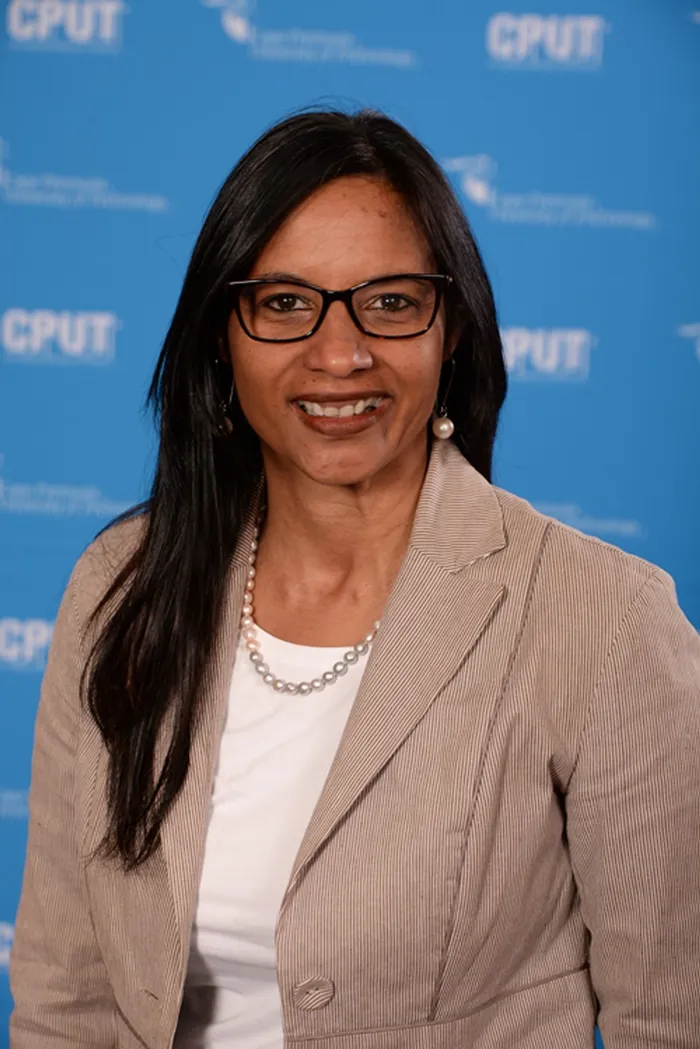CPUT launch constellation of satellites from iconic Cape Canaveral site

Professor Marshall Sheldon, dean of the Engineering and Built Environment Faculty at Cape Peninsula University of Technology.

The Cape Peninsula University of Technology (CPUT) launched its third satellite mission from Cape Canaveral in Florida in the United States last Thursday January 13.
The Marine Domain Awareness (MSASat) constellation was launched by US company, SpaceX, which was founded by South African entrepreneur, Elon Musk.
CPUT’s acting chief engineer on the project, Nyameko Royi, says the constellation has two main priorities which are the ocean economy and healthcare, and has been mandated by the Department of Science and Innovation to enhance South Africa’s ocean’s sovereignty.
“This mission would mark the first constellation of satellites developed and designed in Africa. The more we get people involved in space the better, the more data we extract from space, the better for the world. This is a significant milestone for CPUT and South Africa,” he says.
Mr Royi says a team of engineers from the African Space Innovation Centre (ASIC) at CPUT’s Bellville campus developed and built this constellation of three satellites and they will continue to develop the remaining satellites, which will form part of a constellation of nine eventually.
MDASat is CPUT’s third satellite mission and follows on from ZACUBE-1 and ZACUBE-2’s successful development, launch and operation.
Dean of the Engineering and Built Environment Faculty at CPUT, Professor Marshall Sheldon, says the MDASat launch is the latest development in a long timeline of space engineering events at the university, which first began in 2008.
“Each successful development and launch is a paradigm shift away from the traditional space industry norms and we are proud to be at the centre of that,” she says. “Attracting more undergraduate and postgraduate learners to careers in space science will ensure we can continue celebrating future successes.”
CPUT Vice-Chancellor, Professor Chris Nhlapo, congratulated engineers from the university’s ASIC in person while watching the launch live with them at the ground station in Bellville.
“This was the biggest satellite project to date. There are many other projects in the pipeline, so it is a big niche area. So I say, watch this ‘space’,” he said.
He added: “We are a university of technology and we must dominate in the applied science space, our research must benefit the people of South Africa. That is why we want to encourage more undergraduate and post-graduate study in this growing field, so that the country can keep developing its capacity.”